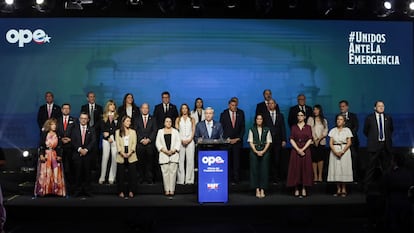
Chile’s president-elect Kast unveils Cabinet: Few party members, business allies and drug tests
The Chilean far-right president-elect announces the 24 people who will make up his government team starting March 11

The Chilean far-right president-elect announces the 24 people who will make up his government team starting March 11
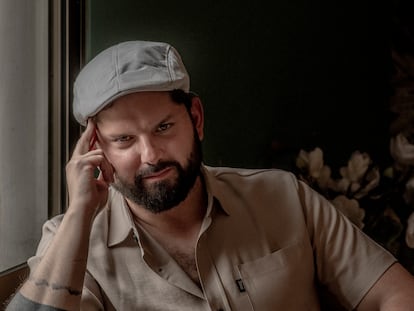
The president of Chile, who will leave office on March 11, is an unusual figure in his political sphere. EL PAÍS spoke with him in three meetings. He will work from the opposition and could run again in four years

The far-right leader is the first president in a democratic era to have supported the military regime. Although he avoided speaking about pardoning human rights abusers in 2025, he visited them in prison in 2017
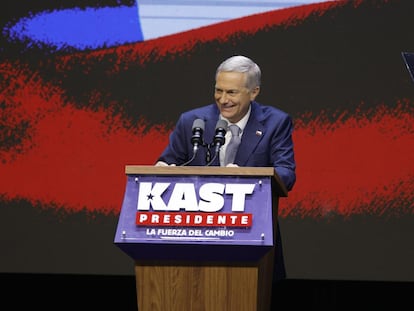
The ultraconservative candidate, representing the right wing, obtained 58.1% of the vote. His opponent, Jeannette Jara, a communist activist and standard-bearer of the left, secured 41.3%

Jeannette Jara, from the ruling party, obtained 26.8%, compared to 23.9% for José Antonio Kast in a first round where right-wing forces collectively achieved majority support in a country increasingly concerned with transnational crime
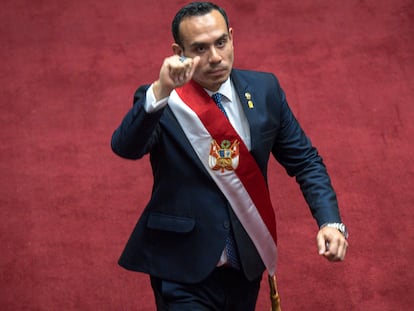
The leader has completed one month in office after the removal of his predecessor, and he enjoys a 55.9% approval rating thanks to his mastery of social media platforms

Kast and Kaiser, the two extremist candidates, are collectively polling at 35.21%, while the mainstream conservative Matthei is at 15.9%. The leftist government privately harbors little hope of winning
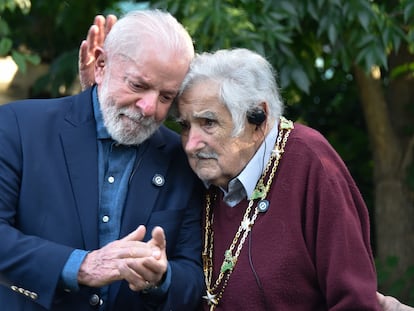
From Claudia Sheinbaum to Pedro Sánchez, Gabriel Boric, and Gustavo Petro, the main progressive leaders praise the legacy of the former Uruguayan president
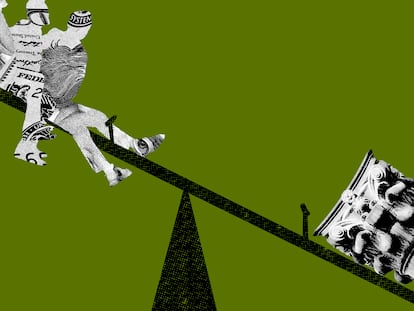
A growing number of economists are calling on governments to step up to ensure that the private sector’s pursuit of profit is aligned with the interests of society as a whole
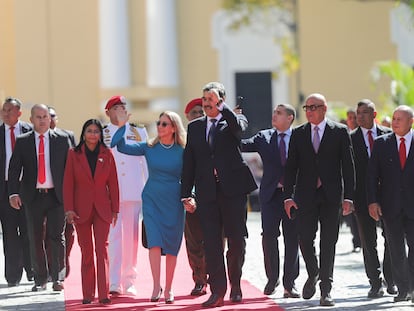
Argentina said the Chavista leader clings to his position ‘by imposing himself through fear, aggression, murder and prison.’ Other large countries, on the political left and right, also refused to recognize him as a legitimate leader
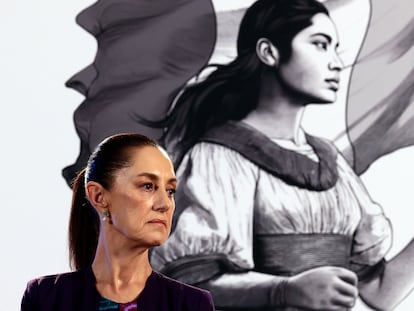
The president has the change of power in the White House and the controversy over the reelection of Nicolás Maduro in Venezuela as the main international challenges her administration faces at the start of 2025

State Secretary Antony Blinken voices ‘serious concerns that the result announced does not reflect the will or the votes of the Venezuelan people.’ Chile’s president says ‘we will not recognize any result that is not verifiable’

Chile’s undersecretary of foreign affairs says that wars impact girls and women differently, and that she considers it impossible to think about democracy in the 21st century without gender equality
The route that connects Cañete and Tirúa in the forested Biobío region is considered the most dangerous in the country after a spate of attacks
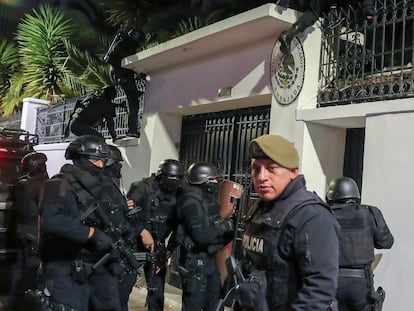
The attack on the Mexican Embassy in Ecuador highlights a turbulent panorama in which diplomatic crises and bilateral tensions threaten regional integration
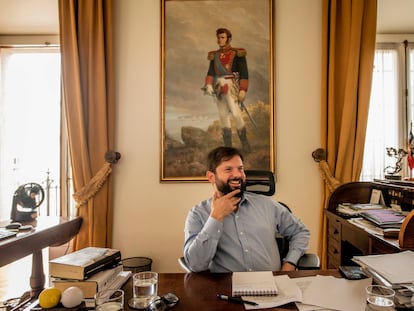
In an interview with EL PAÍS, the Chilean head of state reviews his time in office and addresses his political future. ‘The depth of the changes we imagined went against the grain of what the majority of people wanted. We changed our priorities and our speed, but not our principles,’ he says, at the halfway point of his administration
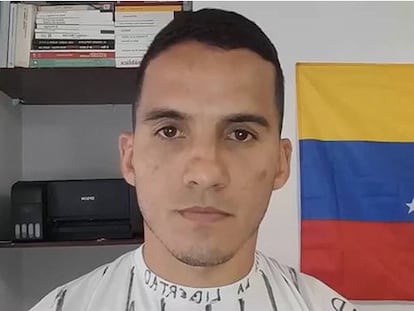
The Chilean government has filed a complaint regarding the case of Ronald Ojeda Moreno, who was taken from his apartment in Santiago at dawn
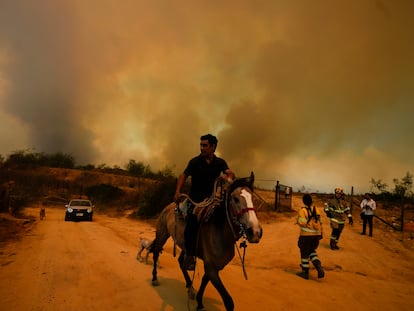
Suspicions of arson were raised from the outset. Minister of the Interior Carolina Tohá indicated last Sunday that the government had information from ‘reliable people’ that supported that thesis
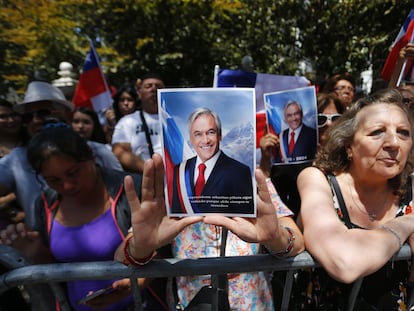
The cause of death of the former Chilean president, whose helicopter crashed into Lake Ranco, was asphyxiation due to submersion
Twice president, he broke the hegemony of the Chilean left in 2010, faced a social uprising, and at 74 had not abandoned the possibility of running for office again
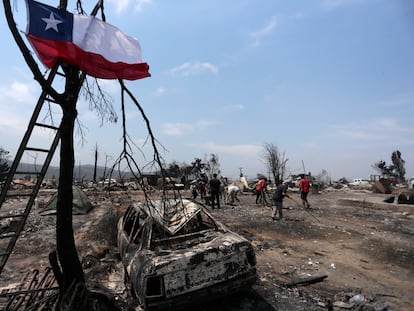
The death toll from the fires in the Valparaíso region is at least 122, but authorities warn that the number will continue to rise
Gabriel Boric warned the death toll could worsen as four large fires burn in the region of Valparaiso, where firefighters have struggled to reach the most threatened neighborhoods
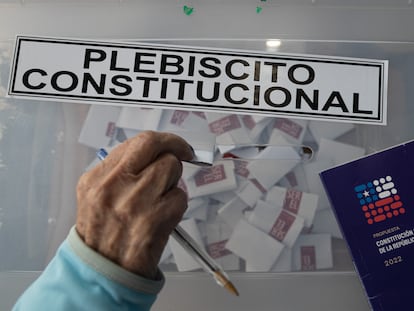
The South American country’s political actors have all staked their positions on the new constitutional text, causing some internal divisions within the parties
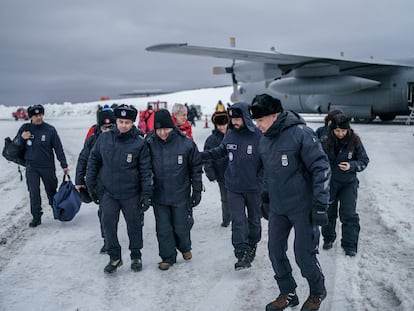
U.N. Secretary-General Antonio Guterres described the U.N. climate change conference that begins in Dubai next week as an opportunity ‘decide the phase-out of fossil fuels in an adequate time frame’
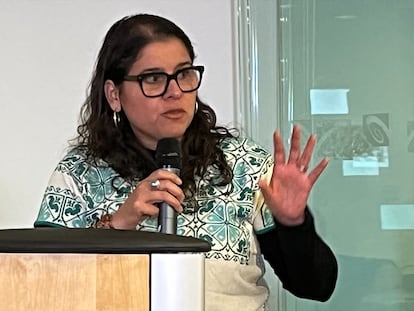
The president of the Washington Office on Latin America notes that the strength of civil society and committed youth are encouraging signs in the region. This is despite the drop in the democratic model’s popularity, a trend that has been observed in numerous surveys

After Chileans rejected the proposal for what many characterized as one of the world’s most progressive constitutions, they must now decide whether to vote for a document that some warn goes to the other extreme
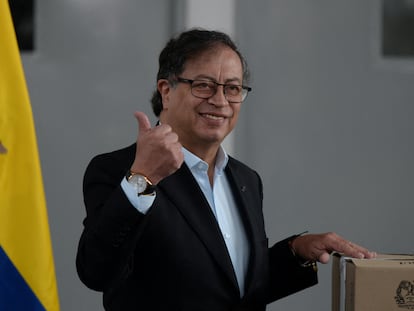
The diplomatic moves by Chile, Colombia and Bolivia, all of which are led by leftist leaders, come as others in the region have ramped up their criticism of Israel’s military activity